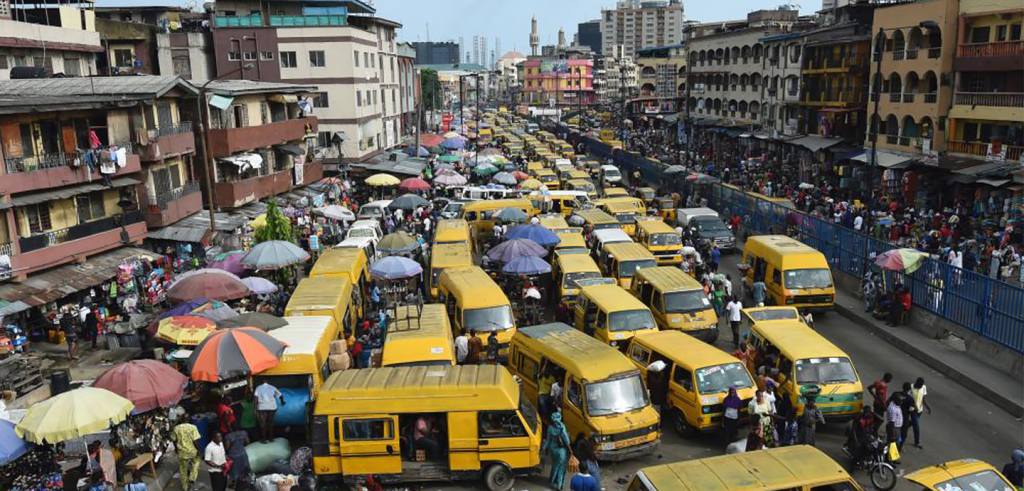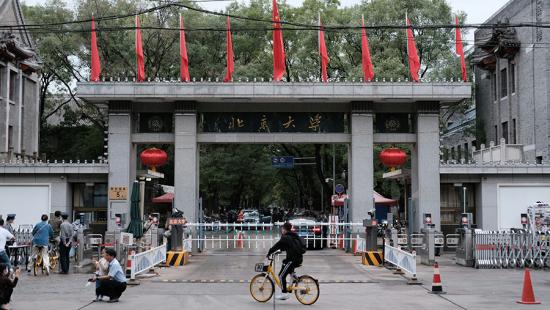Wilbard Kombe: Institutional Reforms for Urban Land Use Planning and Management in Sub-Sahara Africa: Evidences, Gaps, and Prospects

Busy street in Sub-Sahara Africa. Pius Utomi Ekpei/AFP/Getty Images
Abstract:
The dramatic changes currently transforming cities in Sub-Sahara Africa (SSA) are largely driven by unprecedented urbanization, the private real estate sector, and unfettered land markets. In turn, these drivers have engendered dysfunctional and inefficient urban structure, deepened socio-spatial inequalities, and undermined the power of cities as centers of productivity. They have also strongly influenced the cost of governance, especially the provision of infrastructure services, and weakened the everyday livelihoods of particularly low-income households. This paper examines the institutional reforms effected in six SSA countries to transform urban land use planning and management. The reforms include repeal of policies, legislation and structures, and institutionalized citizen participation. Kombe argues that meaningful reforms have to build upon resource capacities as well as acknowledge the role of the subsisting linkages and complementarities between the formal and informal land development and management systems in SSA cities.
Bio:
Wilbard Kombe is a Professor at Ardhi University, the Institute of Human Settlements Studies, Tanzania. He received his MSc from the Royal Danish Academy, Copenhagen; and Ph.D. from the Technical University of Dortmund (TUD). His research works have focused on governance of informal urbanization, land management, and administration; disaster management and the livelihoods of the poor; urban inequality and coproduction of basic infrastructure services; and climate change and urban vulnerability. He has also been extensively involved in research activities in several countries in Sub-Sahara Africa. This includes research projects on infrastructure services delivery and informal housing for the urban poor carried out in Tanzania, South Africa, Zimbabwe, Kenya, Uganda, Mozambique, Zambia, Namibia, Botswana, and Ethiopia. He has published extensively in his fields of interest.
Kombe has also implemented several real-life projects undertaken in Tanzania covering a wide range of subjects. These include large projects on coproduction of basic infrastructure services and livelihoods in low-income settlements funded by UNDP, the Ford Foundation, and local government authorities in Tanzania. His engagement includes capacity building for local communities and local government staff.







